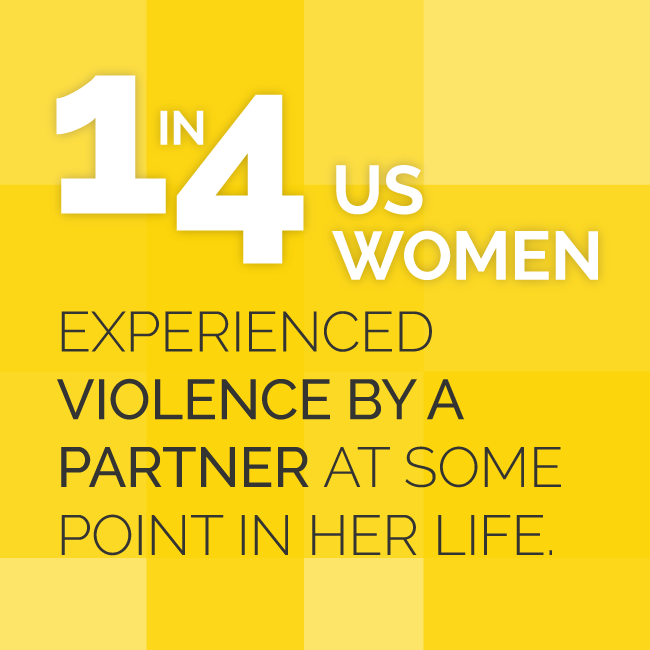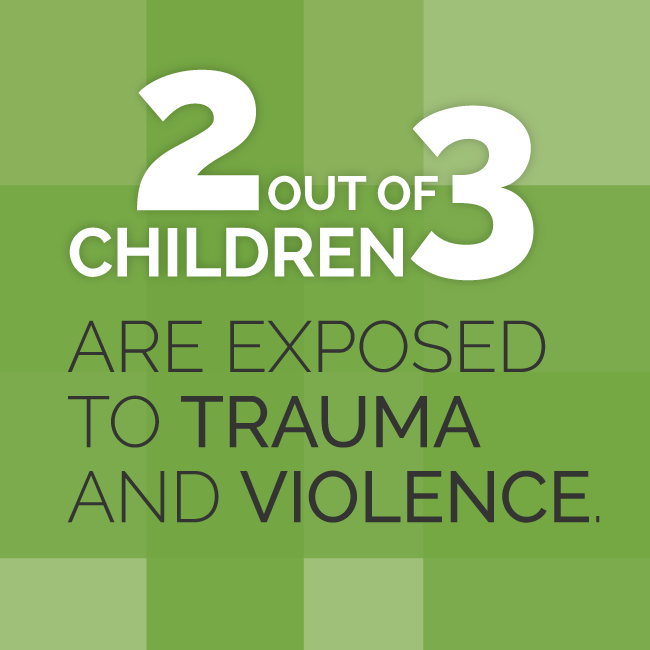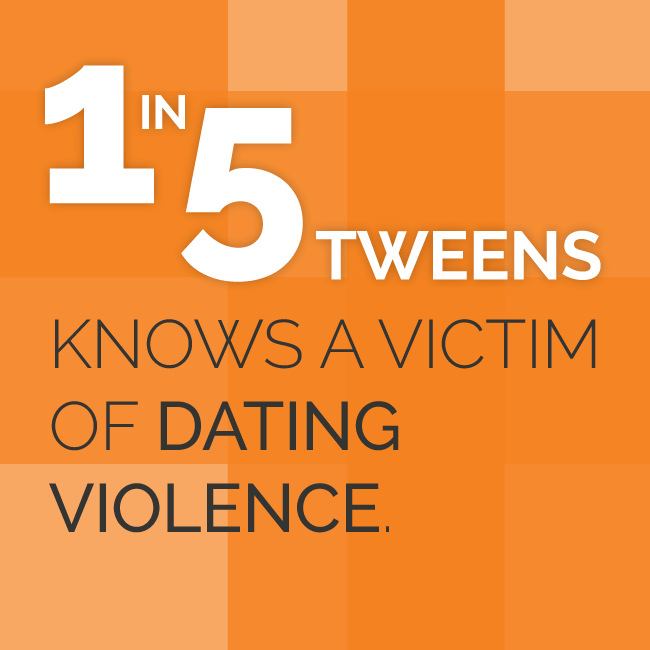6 Ways You Can Help Prevent Domestic Violence Every Day of the Year

Domestic Violence Awareness month is coming to an end, but that doesn’t mean our efforts should stop in October. Domestic and sexual violence are serious issues 365 days a year.
Here are six things you can do every month to spread awareness and help break the cycle of violence!
1. Share resources.
FUTURES offers a wide variety of safety cards that cover topics from teen dating abuse, to sexual assault on college campuses. Leave these discrete cards in libraries, schools, health care settings, and more to provide educate the community about intimate partner violence.
2. Learn more about the movement.
From landmark pieces of legislation to prevent domestic violence, to understanding the key players in the movement, understanding the history of domestic violence prevention will help pave the way for change in the future. Start by watching FUTURES Founder & President Esta Soler’s TED Talk!
3. Promote healthy relationships and respect in your community.
In fact, you can start right now. Enter the RESPECT! Challenge by telling us who you’d like to thank for teaching you respect.
4. Ask your workplace if they have a domestic violence program in place.
If they don’t, ask your HR to put one in place by visiting Workplaces Respond to Domestic and Sexual Violence. Domestic violence is a lose-lose situation for everyone involved. Not only does it cause immense suffering for those directly experiencing the abuse and their families, it also impacts the safety, productivity, and costs of doing business.
5. Be a changemaker in your community.
There are many ways to become an ambassador in your community and help prevent violence before it starts. Here are a few ideas:
- Teens: Become a That’s Not Cool Ambassador, and help educate your peers about digital dating abuse.
- Coaches: Become part of the Coaching Boys into Men program and teach your high school-aged athletes about the importance of respect and non-violence.
- Parents: Ensure that the university your child is attending (or could be attending in the future) is doing enough to prevent sexual assault on campus. Send an email to the college president now and take action.
- Health care professionals: Whether you’re a nurse, a doctor, a social worker, or advocate, we have a variety of resources to educate the community about the health impacts of domestic violence.
- College students: Educate yourself about the prevalence of sexual assault on your campus. Know your rights, and explore clubs and advocacy groups on campus to educate other students about the issue. Email your college president to ensue they’re doing enough to protect your safety.
- Educators: Visit our Start Strong toolkit to implement a school-based program that promotes healthy relationships for middle schoolers.
6. Know the facts and share them widely!
Get familiar with our fact sheets and hover over the stats below to share them on social media.









